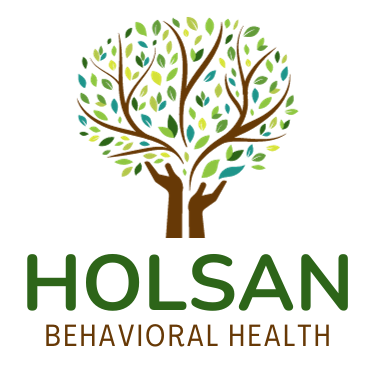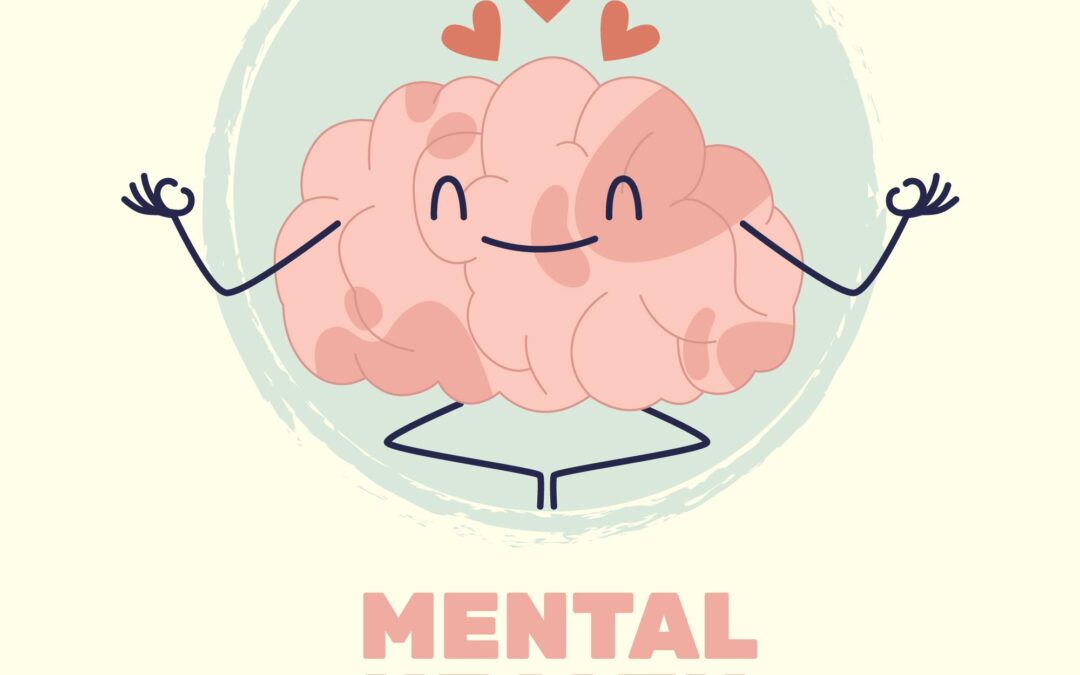Every May, we observe Mental Health Awareness Month, a time dedicated to breaking stigma, promoting understanding, and encouraging support for mental well-being. Mental health is not a luxury—it is a crucial component of our overall health. Yet, it is often misunderstood, under-prioritized, or even ignored.
At Holsan Behavioral Health , we believe that raising awareness is the first step toward healing. Below, we explore six powerful reasons why mental health awareness is more important now than ever.
1. Mental Health Affects Everyone
Mental health is universal. It doesn’t discriminate based on age, gender, income, or background. Whether you’re navigating anxiety, coping with grief, living with depression, or simply going through a tough time, your mental well-being deserves attention and care.
According to the National Alliance on Mental Illness (NAMI), 1 in 5 U.S. adults experience mental illness each year, and 1 in 6 youth (ages 6-17) experience a mental health disorder annually. These numbers reflect a deep need for awareness, understanding, and access to care.
2. Stigma Prevents People from Seeking Help
Stigma remains one of the greatest barriers to mental health support. Misconceptions and negative stereotypes often make individuals feel ashamed or afraid to reach out for help.
Mental health awareness breaks down these harmful beliefs by normalizing conversations around mental illness. It promotes empathy, compassion, and acceptance—essential steps toward creating a culture where people feel safe to ask for the support they need.
3. Early Intervention Improves Outcomes
Just like physical illnesses, early detection of mental health issues can make a significant difference. When symptoms are recognized and treated early, individuals are more likely to recover, manage their condition, and live fulfilling lives.
Mental health awareness empowers individuals to recognize signs in themselves or others, such as changes in mood, withdrawal from social activities, changes in sleep or appetite, or overwhelming feelings of sadness or fear.
4. Mental and Physical Health Are Connected
Mental health is not separate from physical health—they are deeply intertwined. Chronic stress, anxiety, and depression can increase the risk of physical conditions like heart disease, high blood pressure, and weakened immune function.
When we prioritize emotional well-being, we are also supporting our physical health. A holistic approach to wellness must include both body and mind.
5. Awareness Supports Prevention and Education
Promoting mental health awareness also supports education. It helps communities understand the root causes of mental illness, the impact of trauma, and the importance of resilience-building strategies like self-care, social connection, and mindfulness.
Educational initiatives in schools, workplaces, and healthcare settings foster supportive environments where people can learn healthy coping mechanisms and reduce the risk of developing more severe mental health challenges.
6. Professional Help Is More Accessible Than Ever
Thanks to growing awareness, access to mental health services is improving. Teletherapy, online support groups, and community-based care options have made professional help more available and flexible.
At Holsan Behavioral Health, we offer compassionate, evidence-based support for individuals and families facing a wide range of emotional challenges. Whether you’re looking for therapy and medication management, we are here to guide you. Learn more at holsanbehavioralhealth.com.
Final Thoughts
Mental health awareness is not just a campaign—it’s a commitment to human dignity and health. By talking openly, supporting one another, and advocating for better access to care, we are creating a world where mental well-being is a priority for all.
Let’s use this month as an opportunity to check in—with ourselves and with others—and to remind ourselves that mental health matters every day.
Happy Mental Health Awareness Month
References:
- National Alliance on Mental Illness (NAMI). (2023). Mental Health By the Numbers.
https://www.nami.org/mhstats - Mental Health America. (2023). Mental Health Month Toolkit.
https://www.mhanational.org/mental-health-month - Centers for Disease Control and Prevention (CDC). (2022). Mental Health and Wellbeing.
https://www.cdc.gov/mentalhealth/

